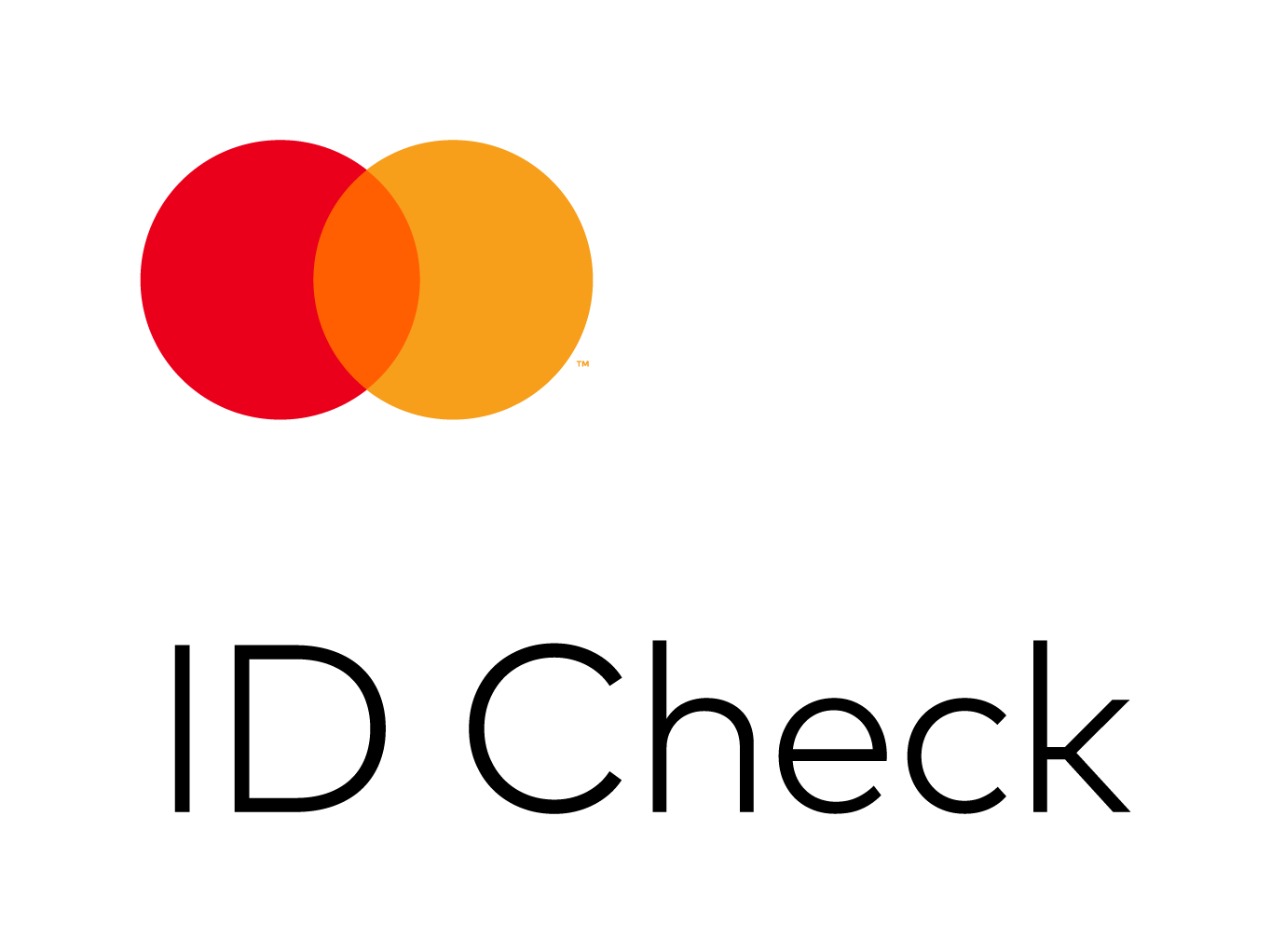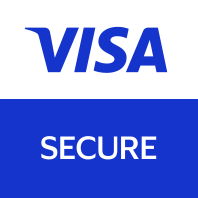Shopping safely online
Internet shopping is generally safe, with millions of people spending online every day. We've put together the most important things that can help keep you stay online too.
Wrapping purchases in extra security
Mastercard® and Visa offer added protection against unauthorised use of your Visa or Mastercard® card online. You are automatically registered for these services and your future purchases at participating online merchants will be completed with an added layer of security.
Find out more about these services here:
Repaying bills
There are several ways to set up regular payments to companies online, all with pro's and con's. We will tackle the most common here.
Direct Debit in a nutshell
The recommended way to pay
An organisation has to request the money. Direct Debit is a payment requested from a person or organisation to your bank and can be different amounts or frequencies as agreed by you when setting them up.
It's worth remembering that you must make sure you have enough money in your bank account, if you don't and the Direct Debit tries to take payment you could get fees and it could impact your credit score. We're trying to make things better for you not worse, so keep an eye on your bank account balance.
Standing Order in a nutshell
A good runner up as a way to pay
The bank sends the money. A Standing Order is when a customer tells their bank to pay a set amount, to a named organisation or person, at regular dates (say on the 1st of the month) either for a specific period of time or until cancelled.
Continuous Payment Authority (CPA)
Credit cards don't take payment this way
A continuous payment authority is a popular way of making payment to a company, often for gym subscriptions, internet service providers and even payday loan providers. Unlike Direct Debit or standing order, they can be set up not just from your bank account with your debit card, but also using your credit card.
Our customers often confuse the rights that they have with a continuous payment authority to those accorded to a Direct Debit or standing order.
The problem with this payment method is the company can claim any amount from your bank account at any time, and they use the long number across the front of your card rather than your account number. Some companies respect the flexibility this payment offers and manage it correctly, but many organisations don't, sometimes being hard to contact or saying they'll stop payments at your request but then not doing so.
The FCAopens in a new tab website has some useful information and tips if you're signed into a continuous payment authority and details of how to cancel.
Ticket fraud and scams
Getting a bargain ticket for a hard-to-get event can seem like a dream come true, but the old adage "if it sounds too good to be true it probably is" rings true. Fraudulent ticket sales normally happen on a website that looks genuine, but the tickets don't arrive or turn out to be fake. This happens most often for up and coming popular events. If you're unsure leave the website immediately and look for the legitimate seller.
As the UK's national fraud and cyber crime reporting centre they provide information about fraud and cyber crime.
Visit Action Fraudopens in a new tabCredit cards offer the most fraud protection
Credit cards are the knights in shining armor when it comes to protection from fraud. No, really. We know credit cards are our business, but under the law credit cards are required to offer more protection than debit cards. If your debit accounts are attacked, you're in a much more difficult financial situation as the money has already left your bank account. Your credit card is actually the lenders money so they will freeze the need to repay that amount or receive any interest or charges on it whilst they investigate what's happened. You're also protected under Section 75 of the Consumer Credit Act which protects all your purchases over £100 should the retailer not deliver what they promised or go out of business.
Can you see the padlock symbol?
Do check you have a secure connection before you enter any personal details. You can tell a secure site by the website address, which begins https://, rather than just http://. The 's' is for secure. You should also see a small padlock symbol in your browser.
Information is power - research!
Do your own research. Use search engines and read the reviews. The negative reviews, even if there are only 1 or 2, can reveal underhand behavior and shed new light on positive reviews. Some organisations try to pressure you into a deal that might not be available in a day or two. Do your own research and go back if you want to continue.
Don't 'pay' by email
Don't send your payment details or your PIN by email, criminals can intercept them and they are easy to forward on.
The catch of free subscriptions
Some companies offer a free trial but may still ask for your credit card details. Make sure you're aware of any payments after the trial period & also know the cancellation period.
The fraud of flash sales
Don't be fooled by flash sales. Would a top of the range camera selling at £500 in all other retail outlets be sold by one company for £100 for one day only?

